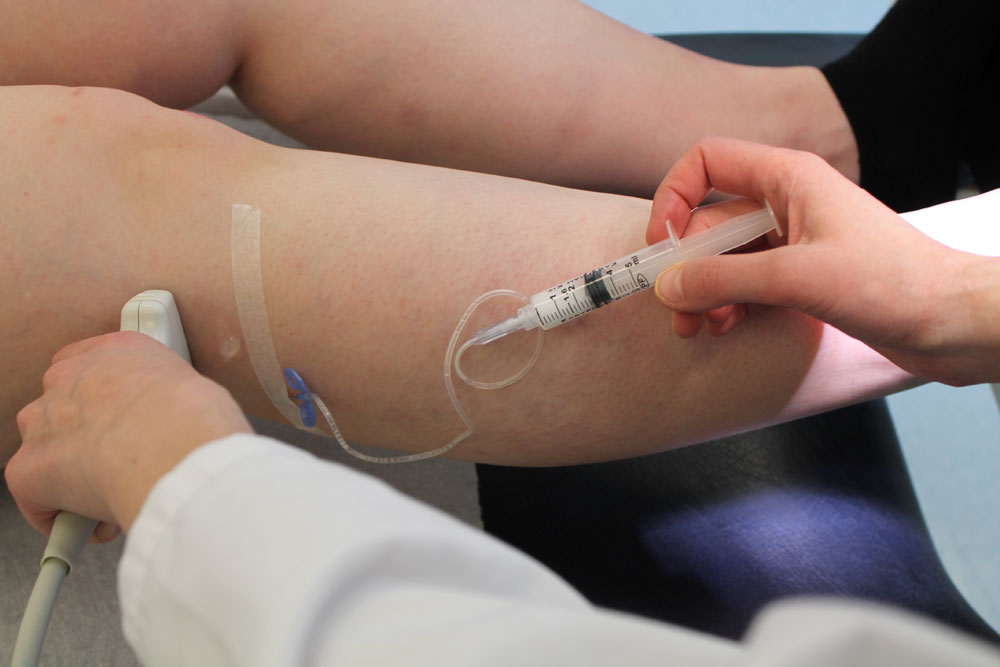Treating your cancer may drastically increase your lifespan…
Among women, breast cancer is the most common type of cancer, but there are a number of other cancers not far behind: skin cancer, colon cancer, and ovarian cancer. In cases of ovarian cancer, the survival rate is less than 50% after five years. That means for someone diagnosed with ovarian cancer, their chances of a long life drop significantly.
But, according to a new British study, preemptive surgery could help to extend the lifespan of women with ovarian cancer and lower mortality rates drastically…
The study, conducted at Queen Mary University London, discovered that a simple surgery to remove the ovaries and fallopian tubes (along with hormone replacement therapy) could help to increase the lifespan of an AVERAGE of 43 days among women with a lifetime cancer risk level of 4% or higher. Basically, it can increase the lifespan of the majority of women at risk of reproductive cancer.
Now, you may be thinking, “43 days? That sounds like nothing!” Well, if you’re comparing it to a normal healthy lifespan of 60 to 80 years, then yes, it does sound like nothing. But compare it to the average lifespan of someone diagnosed with ovarian cancer: 5 years. It goes from a very small number to a significant extension of their lives. An extra 43 days is almost a month and a half, valuable time to someone who has been diagnosed with terminal ovarian cancer. And that’s just the AVERAGE. Many people will find that their lifespan will extend even more, thanks to the surgery and hormone therapy.

READ MORE: 4 Signs of Cervical Cancer
Hollywood superstar Angelina Jolie underwent this type or pre-emptive surgery, intended to reduce her risk of cancer. Considering that ovarian cancer is considered the “most lethal” form of reproductive cancer, you can see why it’s such a good option for women to consider. More than 152,000 women die from ovarian cancer every year, and it’s most common among women after menopause. The older you age, the higher your risk of developing ovarian cancer.
Of course, genetics play a part in the cancer risk as well. Women with a family history of ovarian cancer have a higher risk, thanks to the BRCA genes 1 and 2 that are passed down from generation to generation. According to the National Cancer Institute, BRCA gene mutations account for up to 15% of ovarian cancers! The Society of Gynecologic Oncologists believe that this type of pre-emptive surgery can reduce your risk of ovarian cancer by up to 96%, especially in cases of BRCA gene mutations.
Now, the fact of the matter is that this pre-emptive surgery may seem a bit extreme to some people. Those who are not worried about developing ovarian cancer might believe that this is an unnecessary surgery meant to deal with “potential” problems that may never arise.
Well, for women with a family history of reproductive cancers–specifically ovarian cancer–it may be a risk worth taking. If the success rates of the pre-emptive surgery are even half of what the experts predict it to be, you may be able to drastically reduce your risk of cancer by undergoing the surgery and hormone replacement therapy.
Of course, no surgery is without its risks. Younger women will essentially go through menopause as a result of this surgery, and the risk of osteoporosis and heart disease increases thanks to the surgery. But if it means a longer lifespan and no worry about ovarian cancer, it may be an option worth considering.








